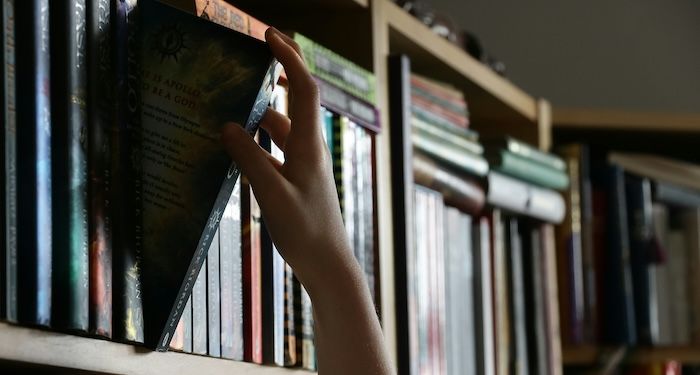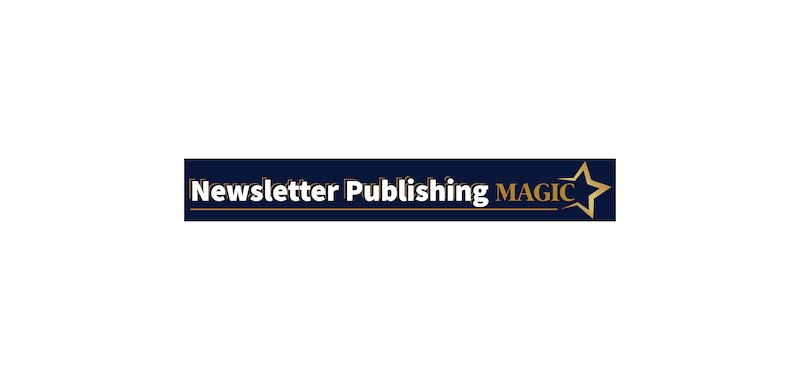
This content contains affiliate links. When you buy through these links, we may earn an affiliate commission.
It’s been a busy couple of weeks for libraries. We’ve got more think pieces about how libraries will be impacted by Project 2025 and Trump’s second term. The literary award scene has been especially contentious over the last few weeks. Plus, the censorship news just keeps on rolling.
Let’s dive in.
Libraries and Politics
Here’s a full look at how libraries fared in the 2024 election, and here’s a deep dive into what a second Trump term could mean for libraries. EveryLibrary says that libraries are going to be facing more uncertainty than ever, but you don’t need a political science degree to know that.
Library Journal asked several key library leaders for their own post-election insights, which is definitely worth a read. Meanwhile, the state of Florida is trying to get a federal book banning lawsuit dismissed and is arguing once again that book bans should be considered “government speech” and, therefore, exempt from First Amendment protections. Michigan, meanwhile has introduced two House bills that would make it harder to ban books in public libraries, so that’s a potentially positive update.
I also want to highlight Kelly Jensen’s most recent article about literary activism, which focuses on the ways that libraries can prepare themselves before January. All of the suggestions are excellent points, but it’s also a reminder to me that as I settle into my role as a department manager at a new library, I need to make sure that I’m quickly familiarizing myself with my library’s policies so that I can support my staff and bring questions to the management team in a timely fashion.
Award News
It’s award season in the publishing industry, but a couple of recent award ceremonies drew political backlash. Anne Michaels won the 2024 Giller Prize for Held, but the ceremony was picketed by a group of 35-40 protestors who were upset over the Giller Prize’s continued association with sponsors that have ties to Israel’s military. Meanwhile, Richard Flanagan’s Question 7 won the Baillie Gifford Prize for Nonfiction, but he turned down the prize money “until the fund manager shares a plan to reduce its investment in fossil fuel extraction and increase investments in renewables.”
In less contentious award news, the winners of the National Book Awards have been announced, and Samantha Harvey won the 2024 Booker Prize for Orbital.
Censorship Updates
The Texas State Board of Education says it wants more control over public school library books. Yeah, that’s going to be a “No” from me, dawg.
Florida education officials report hundreds of books have been pulled from school libraries.
The Warren County Library Commission (NJ) motioned in their last meeting for library staff to use BookLooks as a resource for purchasing materials. This op-ed explains exactly why this is a horrible idea.
The Samuels Public Library (VA) continues to fight local leadership, as some county supervisors have proposed creating a newly appointed library board to oversee daily operations and maintain the budget.
Two York County (SC) library trustees have resigned, both of whom were anti-censorship allies. Only one trustee remains with more than 1.5 years of experience on the board, and “‘Board members who did not complete their annual performance appraisal on (the library director), indicating they did not know enough…now take a majority point and demand telling her how the library will be run,’” Robinson wrote in his resignation letter. “‘This is totally unfair, unacceptable.’”
I’m paywalled from this story, but the headline is attention-grabbing on its own: “Crawford County Quorum Court [AR] and library spar as book spat legal bills near $500,000.” I’m also paywalled from this related story, but again, the gist is pretty clear: “Plaintiffs who won a First Amendment lawsuit against Crawford County and its library system over LGBTQ-themed books have reiterated their insistence that the county be prevented from taking money for legal fees from the library budget.”
Rutherford County (TN) faces heated debate over book bans in schools as 150 more titles are pulled from the school libraries.
“A list of almost 400 banned books from another Tennessee county was recently sent by the Clarksville-Montgomery County School System for use by school librarians, raising concerns about whether CMCSS was mandating the same banned list. But CMCSS says it’s only a resource.” So basically, the school is just strongly encouraging the librarians to use this list as a book banning resource. What are the professional and legal implications for librarians who don’t make use of the list?

